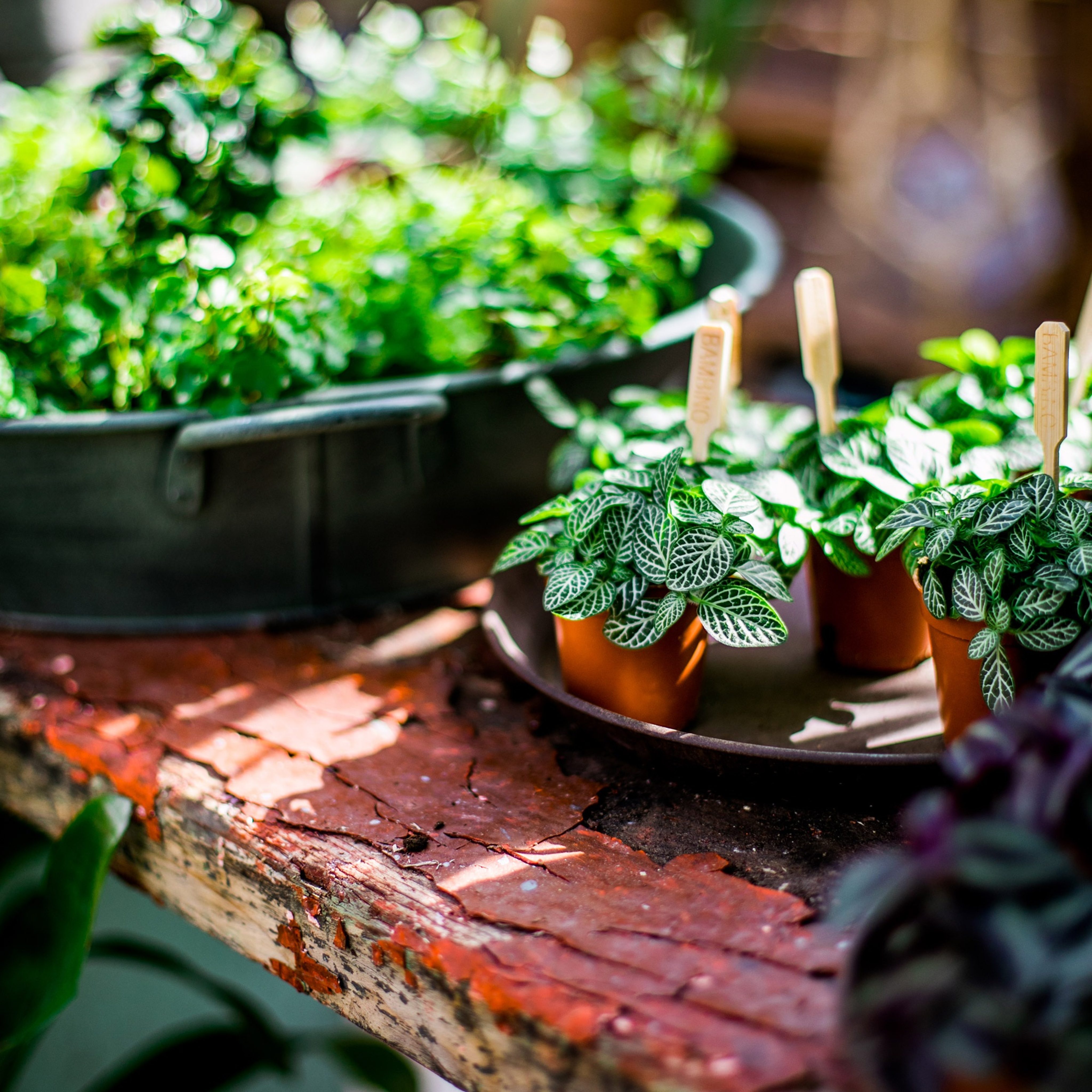 Finally, fertilizing your tropical houseplants regularly will help to ensure that they have the nutrients they need to grow and thrive. Use a balanced, water-soluble fertilizer once a month during the growing season, and reduce feeding in the winter when plants are not actively growing. With proper care and attention, your tropical houseplants will reward you with lush foliage, vibrant blooms, and a touch of exotic beauty in your home.
Finally, fertilizing your tropical houseplants regularly will help to ensure that they have the nutrients they need to grow and thrive. Use a balanced, water-soluble fertilizer once a month during the growing season, and reduce feeding in the winter when plants are not actively growing. With proper care and attention, your tropical houseplants will reward you with lush foliage, vibrant blooms, and a touch of exotic beauty in your home.
In addition to their aesthetic appeal, tropical houseplants offer a range of benefits for both physical and mental wellbeing. Studies have shown that indoor plants can help to purify the air, removing toxins and pollutants and improving air quality. Tropical houseplants, with their large leaves and rapid growth, are particularly effective at filtering out harmful substances such as formaldehyde, benzene, and xylene.
Peatlands absorb and store large amounts of carbon dioxide, which is incredibly useful in tackling climate change. The government aimed to ban the use of peat in compost by 2024 – although that has been extended until 2030.
Hamlet is the cat that has traveled the most, escaping from his carrier during a flight. For 7 weeks, he hid behind a panel. When he was found, he had already traveled for almost 373,000 miles or 600,000 km.
Tropical houseplants are known for their stunning beauty and unique characteristics. From the striking leaves of the Monstera deliciosa to the vibrant flowers of the Anthurium, tropical plants add a touch of lushness and luxury to any room. Their exotic origins, with many hailing from tropical regions such as Southeast Asia, South America, and Africa, make them a captivating addition to any indoor space.
Tropical houseplants are a popular choice for indoor gardening enthusiasts, thanks to their stunning beauty, easy care, and range of benefits for physical and mental wellbeing. From their lush foliage to their vibrant flowers, tropical plants add a touch of exotic beauty to any room, transforming a mundane space into a lush oasis. With their ability to thrive in low light conditions and their air-purifying properties, tropical houseplants are an ideal choice for those looking to bring a touch of the tropics into their home. By following a few key care tips, you can enjoy the beauty and benefits of tropical houseplants year-round, creating a stunning indoor garden that will brighten your space and lift your spirits.
In addition to plants, hardscaping features such as pathways, patios, and walls play an important role in garden design. These elements can provide structure and definition to the garden, as well as creating functional spaces for seating, dining, and entertainment. Hardscaping features can be made from a variety of materials, including stone, wood, concrete, and gravel, allowing you to create a unique and personalized garden design.
Overwatering is a common mistake when caring for Houseplants Uk. In the UK, where the climate is often damp and humid, it’s important to allow the soil to dry out between waterings to prevent root rot and other issues. Be sure to monitor the moisture levels of your plants regularly and adjust your watering schedule accordingly.
One of the main appeals of tropical houseplants is their ability to thrive indoors, even in spaces with limited natural light. Many tropical plants are well-suited to the lower light conditions found in most homes, making them an ideal choice for those with less than ideal growing conditions. In addition, tropical houseplants are generally low maintenance and easy to care for, making them a popular choice for beginners and experienced gardeners alike.
Some popular tropical houseplants for indoor spaces include the Monstera deliciosa, known for its large, glossy leaves and striking Swiss cheese-like patterns. The Peace Lily, with its elegant white blooms and dark green foliage, is a popular choice for adding a touch of elegance to any room. The Snake Plant, with its upright, sword-like leaves, is a hardy and low-maintenance plant that can thrive in a variety of conditions.
While tropical houseplants are generally easy to care for, there are a few key factors to consider in order to ensure their health and vitality. First and foremost, tropical plants require sufficient light in order to thrive. While they can tolerate lower light conditions, they will grow more slowly and may not produce as many flowers or vibrant foliage. Place your tropical plants in a bright, indirect light to provide them with the energy they need to flourish.
Furthermore, the presence of houseplants has been linked to a range of mental health benefits, including reduced stress, improved mood, and increased productivity. The act of caring for plants can be meditative and therapeutic, providing a sense of purpose and connection to nature. In a world increasingly dominated by screens and technology, tropical houseplants offer a welcome respite and a chance to reconnect with the natural world.